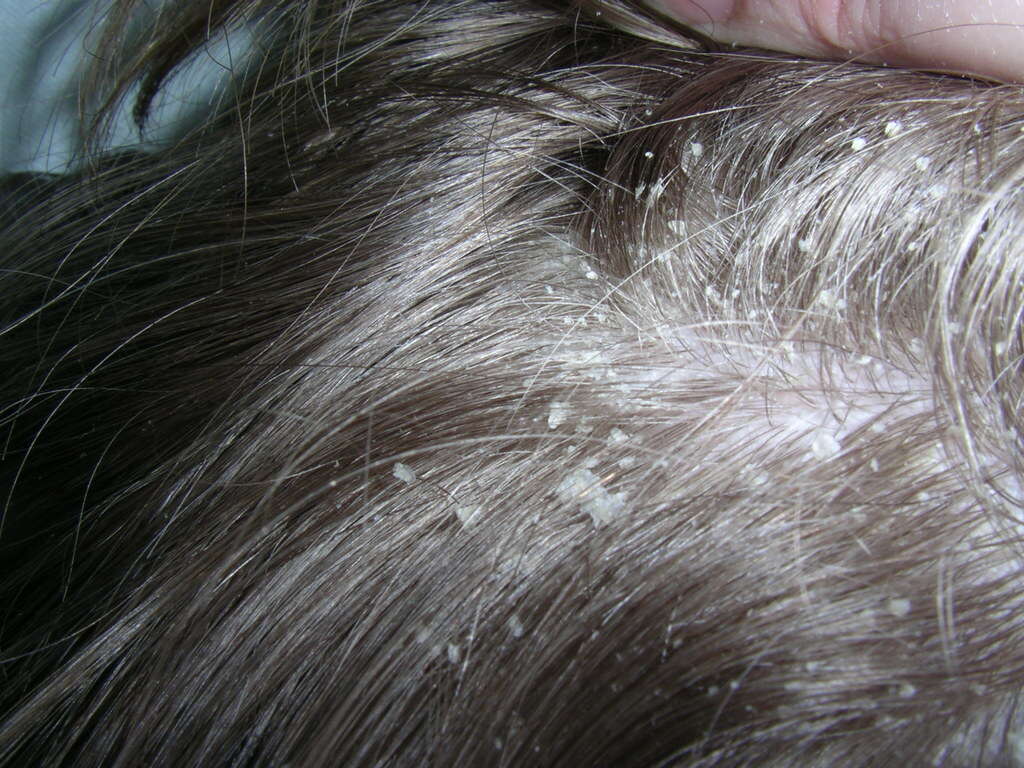10 Uncombable Hair Syndrome FAQs
 Article Sources
Article Sources
- 1. ’Uncombable hair syndrome.’ MedlinePlus. https://medlineplus.gov/genetics/condition/uncombable-hair-syndrome
- 2. Uncombable hair syndrome.’ National Institutes of Health. https://rarediseases.info.nih.gov/diseases/5404/uncombable-hair-syndrome
- 3. ’Bork Stender Schmidt syndrome.’ National Institutes of Health. https://rarediseases.info.nih.gov/diseases/938/bork-stender-schmidt-syndrome
- 4. Hicks J; Metry DW; Barrish J; Levy M. ‘Uncombable hair (Cheveux incoiffables, pili trianguli et canaliculi) syndrome: brief review and role of scanning electron microscopy in diagnosis.’ Ultrastructural Pathology 2001 https://pubmed.ncbi.nlm.nih.gov/11407534
What Are the Symptoms of Uncombable Hair Syndrome?
In uncombable hair syndrome, hair grows out of the scalp in multiple directions, standing straight out from the follicle instead of lying flat. The hair is typically light colored and sturdy, and there's usually a normal amount.
About five to 29 percent of affected children have spotty hair loss over parts of their scalp caused by disordered growth.2Uncombable hair syndrome.’ National Institutes of Health. https://rarediseases.info.nih.gov/diseases/5404/uncombable-hair-syndrome Eighty to 99 percent of those with UHS have coarse hair that's described as white or woolly.2Uncombable hair syndrome.’ National Institutes of Health. https://rarediseases.info.nih.gov/diseases/5404/uncombable-hair-syndrome
Advertisement











